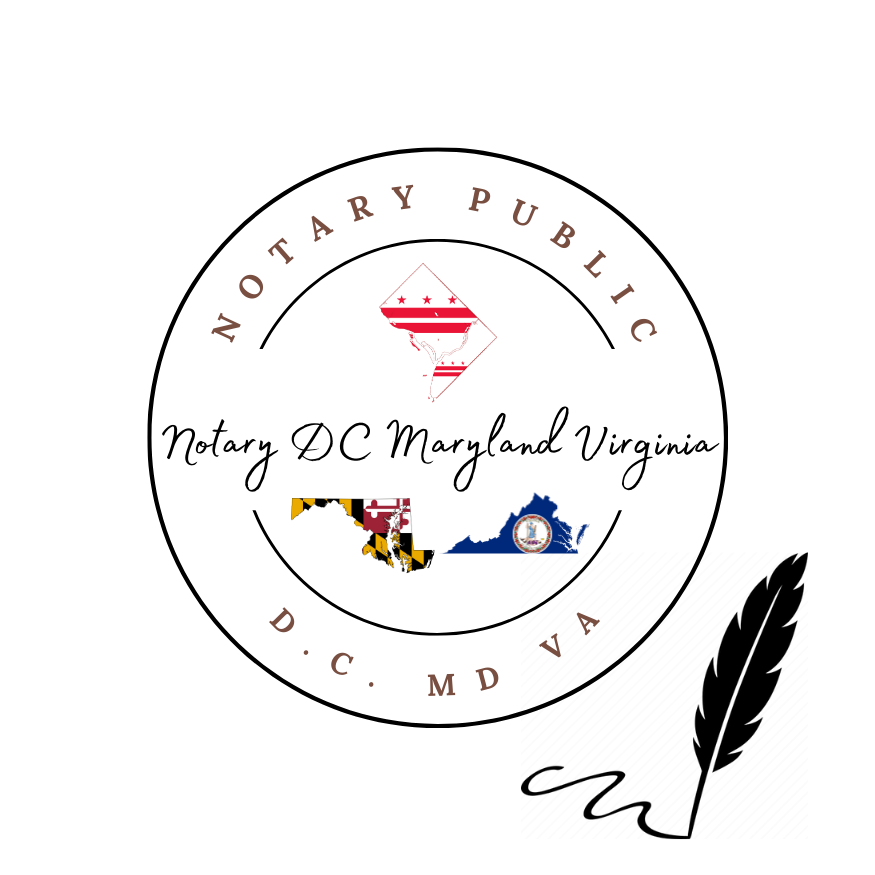U.S. Federal Courts, Their Documents, and Apostille Requirements for International Use
When handling legal matters in the United States, it’s important to understand how the federal court system works—especially if you need those documents accepted overseas. From immigration petitions to name changes, U.S. federal court documents hold significant authority. But when it comes to international recognition, these papers often require additional authentication. That’s where the apostille process for federal court documents comes in.
What Are U.S. Federal Courts?
The federal court system is part of the judicial branch of the U.S. government, and it manages cases that extend beyond state-level jurisdiction. These courts handle issues involving federal law, constitutional matters, disputes between states, and international legal concerns. The system includes:
District Courts – General trial courts where federal cases are first heard.
Circuit Courts of Appeals – Reviewing courts that handle appeals from district courts.
The U.S. Supreme Court – The nation’s highest court, focusing on cases of major constitutional or national significance.
Common Federal Court Documents That May Need Apostille
Federal courts produce a wide variety of official records, many of which can be required abroad. Some examples include:
Court orders and decrees for name changes
Naturalization rulings or immigration-related judgments
Judgments and settlements from federal lawsuits
Criminal records or sentencing documents
Certificates of good standing or background checks issued by the court
Because these are certified legal documents, they are recognized as official within the U.S.—but when used abroad, they generally need authentication to be valid.
Why Apostilles Are Needed for Federal Court Documents Abroad
If you plan to live, marry, study, or conduct business in another country, you may be asked to present federal court documents. However, most foreign governments won’t simply accept a U.S. court record as-is. Instead, they require proof that the document is authentic.
For countries that are members of the Hague Apostille Convention, this proof is provided through an apostille certificate.
What Is an Apostille?
An apostille is an official certificate that confirms the authenticity of a public document so it can be used in another country. For federal court-issued documents, the apostille verifies:
That the court officer or clerk’s signature is genuine
That the seal or stamp of the court is authentic
That the issuing authority is properly recognized under U.S. law
For example, if you need a petition for name change during naturalization to be accepted overseas, you would select it as your document type when requesting an apostille. If your federal document isn’t specifically listed, you can select it as a “personal document.”
When You Might Need a Federal Apostille
Some common situations where you may need an apostille include:
Using a name change decree to update your identity abroad
Submitting criminal record checks for work or residency permits in another country
Presenting custody rulings or divorce judgments to foreign courts
Without proper apostille certification, these documents may be rejected or require complicated legalization steps.
Apostille Services for Federal Court Documents
Getting an apostille for federal documents can be complex because it involves the U.S. Department of State and strict authentication rules. A professional apostille service can make the process easier by:
Reviewing documents to confirm eligibility
Managing communication and submissions to the State Department
Handling secure shipping and tracking
Offering expert guidance to prevent mistakes or delays
Once you provide the proper original document, the service handles the rest—saving you time and avoiding costly errors.
Conclusion
Whether you’re an individual preparing to relocate abroad, a professional applying for foreign recognition, or a law firm handling international cases, having your federal court documents properly apostilled is essential. Apostilles simplify international acceptance, ensuring your documents are legally valid in other countries that are part of the Hague Apostille Convention.
With the right guidance, navigating federal apostille requirements doesn’t have to be overwhelming.

